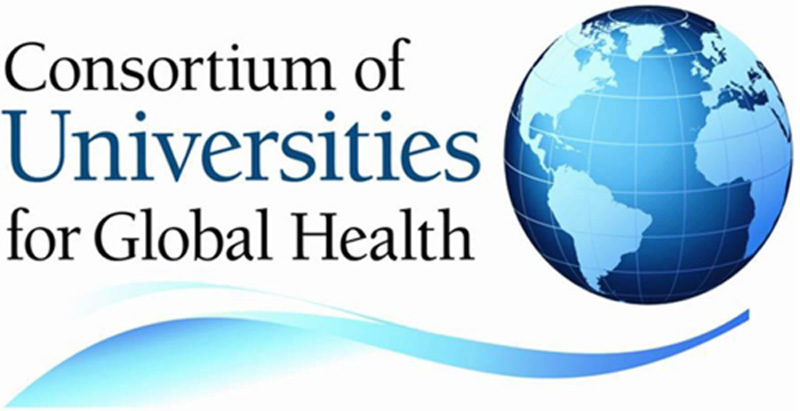October 14, 2020
Canada has a number of very active institutions involved in global health. They reach around the world and forge effective partnerships to improve the lives of people living in low resource settings. Two of them are internationally recognized for their innovations in investing in the development and scaling up of groundbreaking solutions to address some of the world’s most pressing global health challenges. Thousands of projects are supported that build local capacity in a manner that enables people to live healthier lives in a sustainable environment.
Leaders from three top Canadian development centers will share information about their work and how organizations can engage in their activities or apply for funding.
SPEAKERS
Leeat Gellis is the Director of Open Innovation at Grand Challenges Canada where she oversees a seed and early-stage portfolio of impact investments in innovations that improve the lives of underserved women, girls and children in low- and middle- income countries. Leeat brings robust experience in early stage impact investing, having worked with organizations like Social Capital Partners and Grassroots Business Fund in diverse sectors including health, agribusiness and livelihoods. Leeat has an MBA from the Rotman School of Management at the University of Toronto where she lectures on social finance, social entrepreneurship, and gender lens investing.
Greg Hallen leads the Food, Environment and Health program at Canada’s International Development research Centre (IDRC). The goal of this program is to develop evidence, innovations, and policies to improve health, build healthier food systems, and prevent non-communicable and infectious diseases. Greg joined IDRC in 2009 to manage the former Research for International Tobacco Control program (RITC) and later, the Non-Communicable Disease Prevention program. Greg is devoted to furthering IDRC’s contributions to global health, achieved through enabling those dealing with the realities on the ground to lead and collaborate to build evidence for achieving co-benefits for population health, economies and our environments. Through building effective, multidisciplinary teams and negotiating partnerships, his teams have enabled bodies of evidence and fields of practitioners in LMICs to advance national policy adoption, build regional and global consensus and influence agendas toward more preventive or policy-oriented actions. Greg’s public health background stems from experiences as CEO of the National Heart Foundation in Australia’s Northern Territory, five years with the World Health Organization in Cambodia advancing tobacco control research and policy there and in Southeast Asia, and public health services in rural and remote Australia. He has a master’s degree in nutrition and dietetics and a science degree, both from the University of Sydney, and a graduate diploma of education from Charles Sturt University (Australia).
Charles Larson MDCM, FRCP(C) is a pediatrician and public health specialist. He serves as the National Coordinator of Canadian Coalition for Global Health Research (CCGHR) and is a professor and Director,
Global Health Programs at McGill University. Dr. Larson has over 30 years of experience in global health as a researcher and teacher, with a particular focus on transitioning to scale child survival interventions. DR. Larson will be sharing CCGHR’s responses to the COVI-19 pandemic, focusing primarily on advocacy for equitable access to emerging treatments and vaccines as well as knowledge translation.
MODERATOR
Dr. Keith Martin
Executive Director, Consortium of Universities for Global Health
